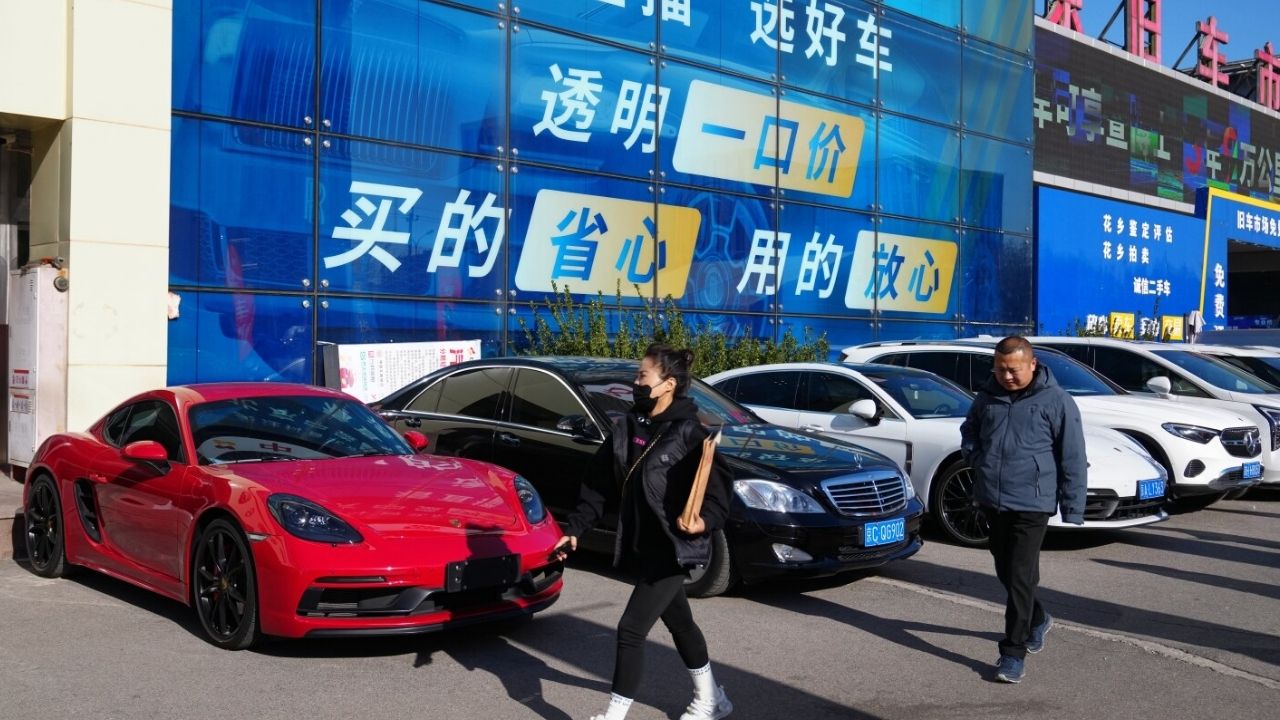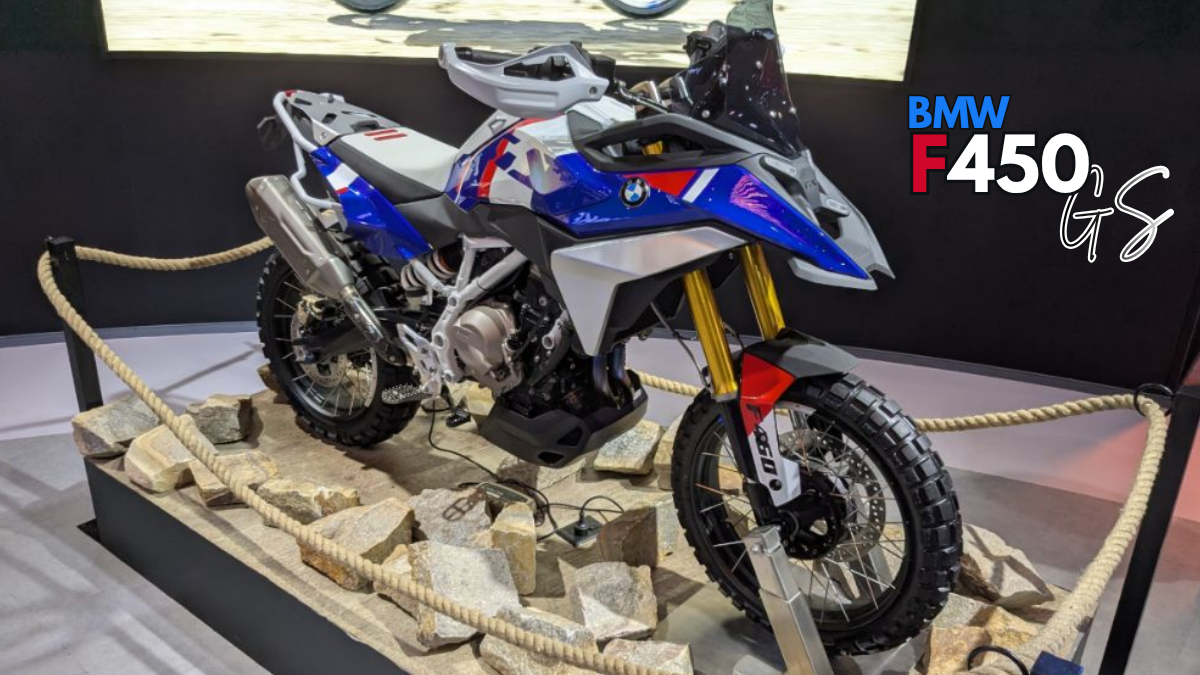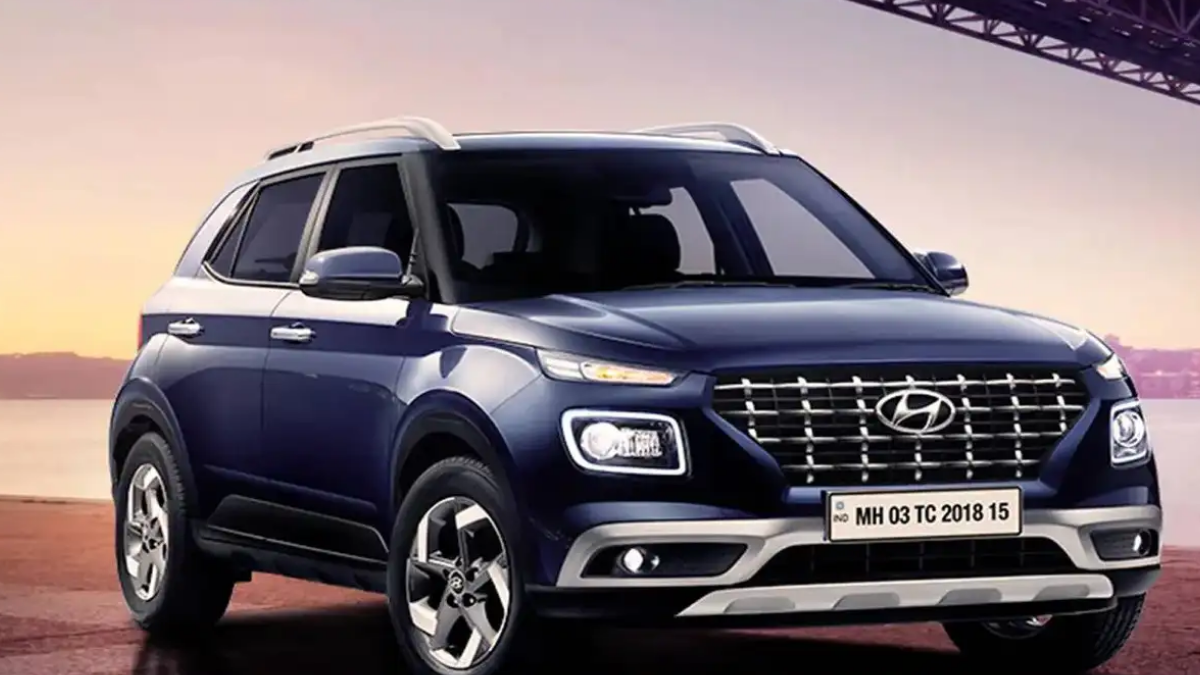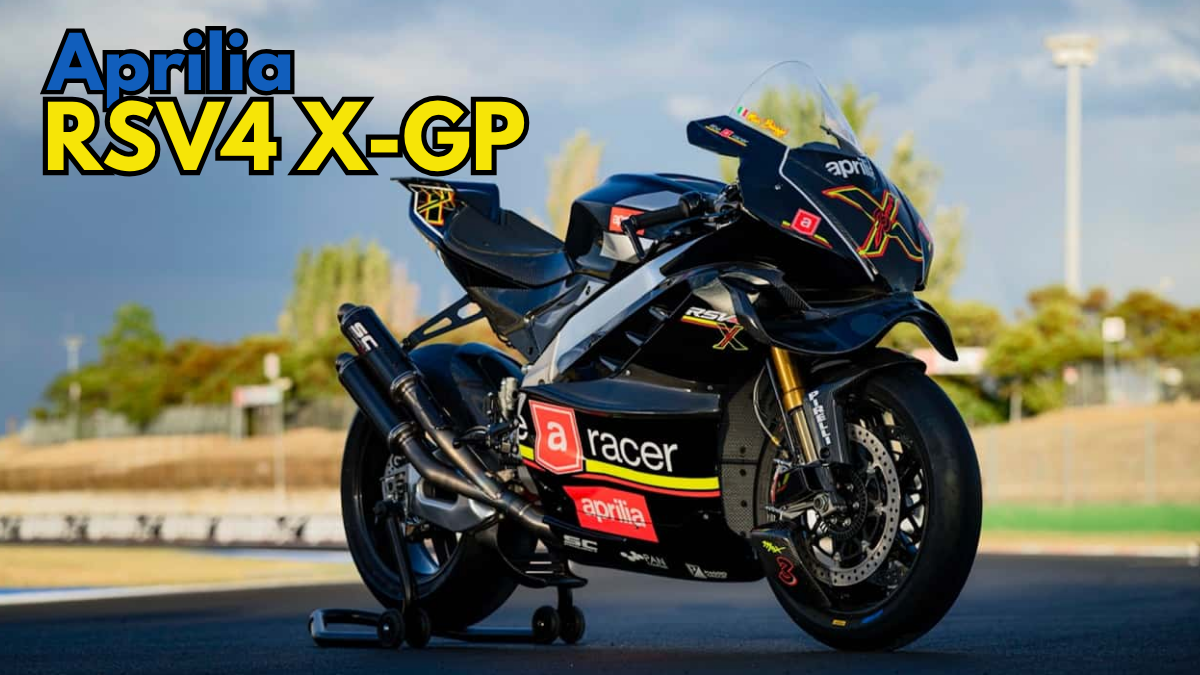Suzuki Motor Corporation has unveiled an ambitious plan to significantly expand its footprint in India, committing to invest Rs 70,000 crore over the next five to six years. The announcement was made by Toshihiro Suzuki, President of Suzuki Motor Corporation, during the inauguration of Maruti Suzuki’s new manufacturing facility in Hansalpur, Gujarat.
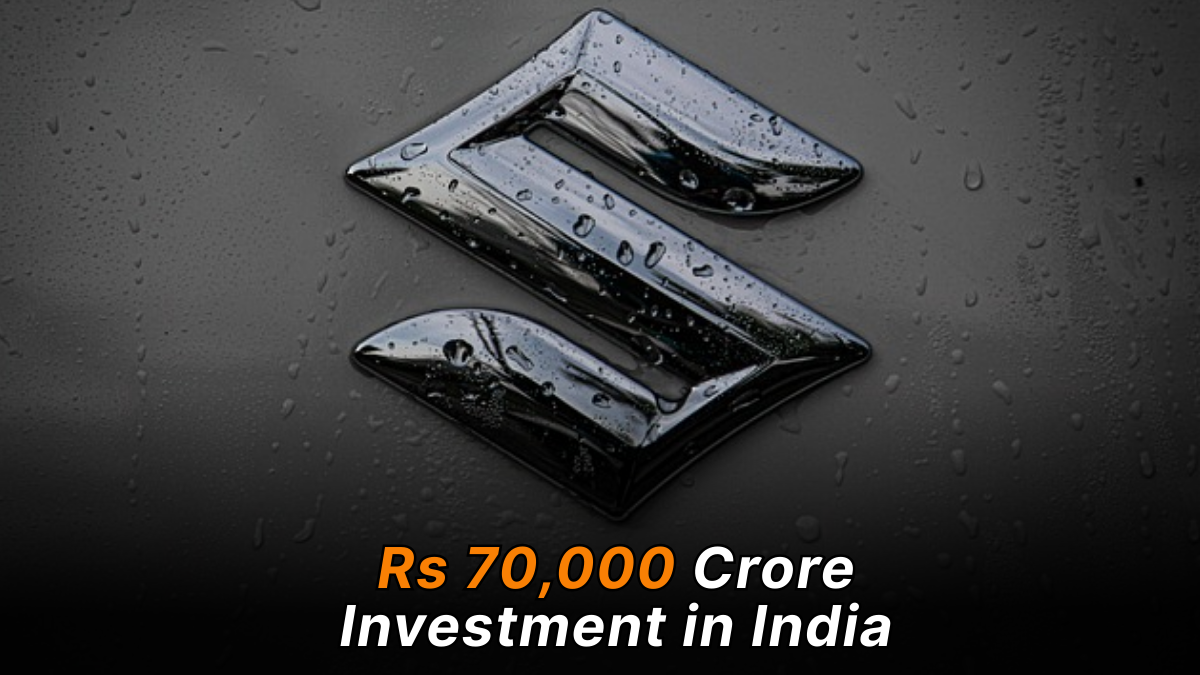
The landmark event, attended by Prime Minister Narendra Modi, Gujarat Chief Minister Bhupendra Patel, and Japanese Ambassador Keiichi Ono, also marked the start of electric vehicle production in India with the rollout of the brand’s first EV, the Maruti Suzuki e-Vitara.
Hansalpur Facility: A Global Manufacturing Hub
The newly inaugurated Hansalpur plant is set to become one of the largest automobile manufacturing hubs in the world. With a planned capacity of 1 million vehicles per year, the facility underscores Suzuki’s confidence in India as a critical global market.
Not only will this facility cater to domestic demand, but it will also serve as a key export base, delivering vehicles to over 100 countries. This aligns with India’s growing importance as an automotive export powerhouse.
Quick Summary
Key Highlights |
Details |
|---|---|
Investment Announced |
Rs 70,000 crore over 5–6 years |
Announced By |
Toshihiro Suzuki, President of Suzuki Motor Corporation |
Event |
Inauguration of Hansalpur facility, Gujarat |
Special Guests |
PM Narendra Modi, CM Bhupendra Patel, Ambassador Keiichi Ono |
Plant Capacity |
1 million units annually |
First EV Produced |
Maruti Suzuki e-Vitara |
Export Reach |
Over 100 countries, including Japan and Europe |
Battery Production |
India’s 1st localized lithium-ion battery cells for hybrids |
Strategic Vision |
Support India’s green mobility & global exports |
Official Website |
Maruti Suzuki e-Vitara: The First Electric Vehicle
The highlight of the inauguration was the rollout of the Maruti Suzuki e-Vitara, the company’s first fully electric SUV.
- Production Hub: The e-Vitara will be manufactured at the Hansalpur facility.
- Export Market: It will be exported to more than 100 countries, including advanced EV markets like Japan and Europe.
- Significance: Marks Maruti Suzuki’s entry into the battery electric vehicle (BEV) space, a crucial step in supporting India’s green mobility goals.
This move reflects the company’s long-term vision to transition from internal combustion engines to sustainable mobility solutions.
Suzuki’s Rs 70,000 Crore Investment Plan
In his speech, Toshihiro Suzuki reiterated the company’s commitment to India’s mobility ecosystem. The Rs 70,000 crore investment will focus on:
- Electric Vehicle Production – Expanding the BEV lineup beyond the e-Vitara.
- Battery Technology – Developing advanced lithium-ion batteries with localization.
- Export Capacity – Strengthening India’s role as a global supply hub.
- Green Mobility Projects – Supporting India’s “Viksit Bharat” vision and reducing carbon emissions.
- R&D Investment – Enhancing design, engineering, and technology capabilities in India.
Suzuki has been a trusted partner in India’s automotive sector for over four decades, and this investment reflects its commitment to future mobility solutions.
India’s First Lithium-Ion Battery Production
Another major achievement highlighted at the event was the production of India’s first lithium-ion battery cells at the Toshiba Denso Suzuki plant.
- Electrode Level Localization: Achieved for the first time in India.
- Application: These batteries will power hybrid models like the Grand Vitara.
- Sourcing: Only raw materials and select semiconductor parts are imported from Japan, while the majority of components are localized.
This milestone strengthens India’s EV ecosystem by ensuring domestic availability of advanced battery technology, reducing reliance on imports.
Voices from the Event
Speaking at the inauguration, Toshihiro Suzuki said:
“Honorable Prime Minister, Suzuki has proudly partnered in India’s mobility journey for over four decades. We remain committed to supporting India’s vision for sustainable green mobility and contributing to Viksit Bharat.”
Prime Minister Narendra Modi also acknowledged Suzuki’s role as a long-standing partner in India’s industrial and mobility growth. He emphasized that the inauguration aligns with the government’s focus on Make in India, green mobility, and global competitiveness.
Implications for India’s EV Future
Suzuki’s investment has wide-ranging implications:
- Boost to EV Ecosystem: From localized battery cells to mass EV production, the move accelerates India’s transition to clean mobility.
- Employment Generation: Large-scale production will create thousands of direct and indirect jobs in Gujarat and beyond.
- Export Opportunities: With the e-Vitara set to reach 100+ global markets, India strengthens its position in the global EV supply chain.
- Technology Transfer: Collaboration between Suzuki and Indian suppliers will enhance R&D and innovation.
This positions India not just as a consumer market but as a global hub for EV manufacturing and technology.
FAQs About Suzuki’s Rs 70,000 Crore Investment
Q1. How much will Suzuki invest in India?
Suzuki Motor Corporation will invest Rs 70,000 crore in India over the next 5–6 years.
Q2. What is the first EV launched by Maruti Suzuki?
The Maruti Suzuki e-Vitara, produced at the Hansalpur plant, is the brand’s first battery electric vehicle.
Q3. What is the capacity of the new Hansalpur facility?
The plant has a planned capacity of 1 million vehicles annually.
Q4. Will the e-Vitara be exported?
Yes, the e-Vitara will be exported to over 100 countries, including Japan and Europe.
Q5. Is Suzuki producing batteries in India?
Yes, Suzuki has started producing lithium-ion battery cells with electrode localization at the Toshiba Denso Suzuki plant.
Conclusion
Suzuki’s Rs 70,000 crore investment marks one of the most significant developments in India’s automotive sector in recent years. By inaugurating the Hansalpur facility, launching the Maruti Suzuki e-Vitara, and localizing lithium-ion battery production, Suzuki has laid the foundation for India to emerge as a global leader in electric vehicle production and exports.
With the government’s push for sustainable mobility and Suzuki’s long-term commitment, the next decade could see India become a central hub in the global EV revolution.
For More Information Click HERE
